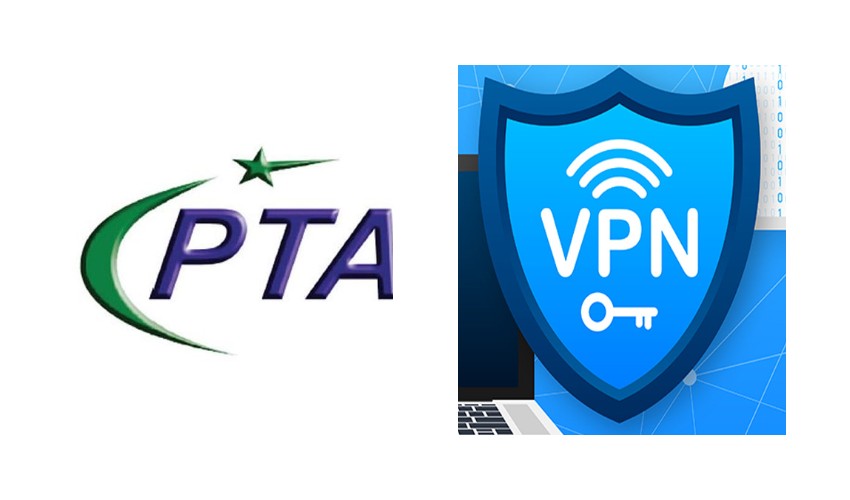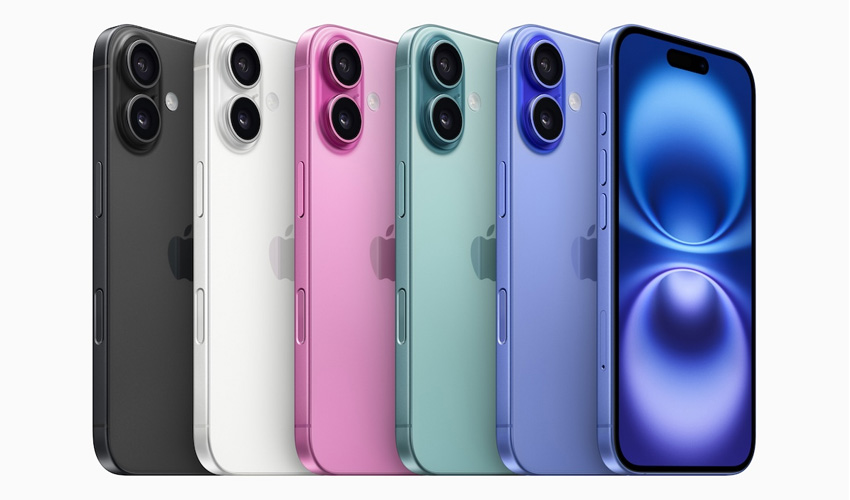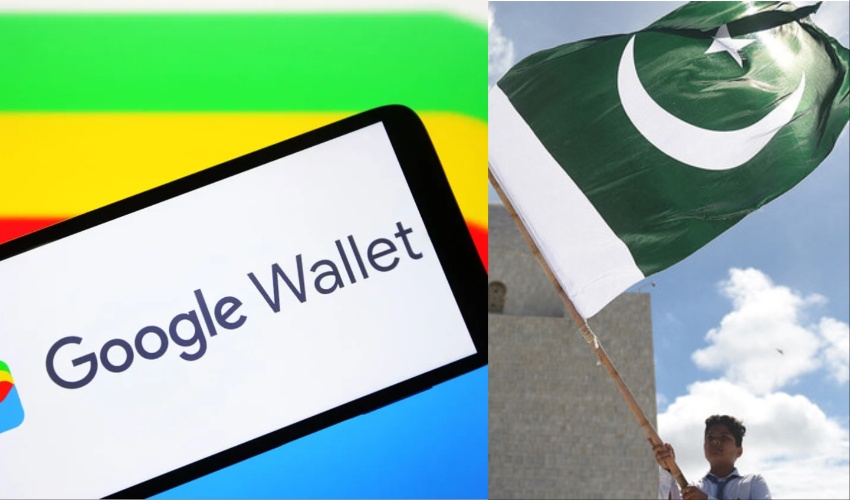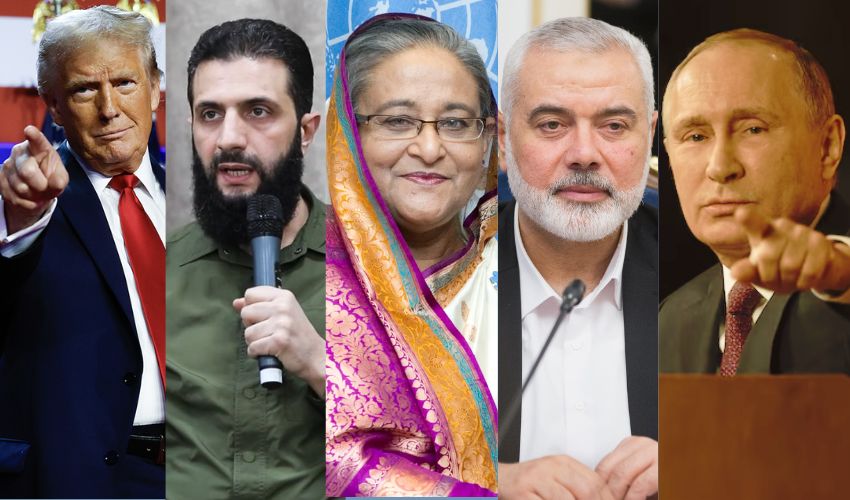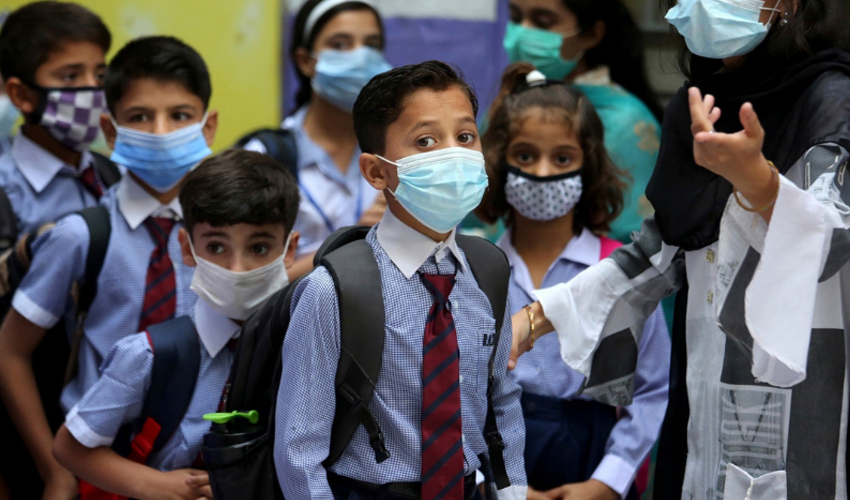Iranian authorities have officially lifted the ban on WhatsApp and the Google Play Store.
The decision was confirmed by the Islamic Republic News Agency (IRNA) following a key meeting among top government officials on Tuesday.
The lifting of these bans comes as part of President Masoud Pezeshkian’s early fulfilment of a major promise made during his presidential campaign.
Pezeshkian had pledged to relax internet restrictions, a move that has been long anticipated by both the Iranian public and the business community.
The decision is expected to have a profound impact on access to global platforms, which have been blocked for several years.
The meeting, attended by heads of all three branches of government, ministers, and members of the Supreme Council, focused on reviewing and adjusting policies governing internet access and restrictions.
Following discussions and assessments presented by relevant authorities, the council approved the partial lifting of the internet blockades.
Sattar Hashemi, Iran's Minister of Information and Communications Technology, took to X (formerly Twitter) to announce the development, stating: “Today, we took the first step towards lifting internet restrictions with unity and collaboration. I extend my gratitude to the President, media, and activists for their efforts. We need this solidarity more than ever. This path continues.”
The move to lift the ban on WhatsApp and Google Play aligns with Iran's broader strategy to regulate its digital landscape. While global platforms like WhatsApp and Google Play will now be accessible, the government has emphasized the need to continue prioritizing the development and support of domestic platforms. This delicate balance aims to provide access to international services while also fostering local innovation in cyberspace governance.
This change is the first step in a series of internet policy revisions that are expected to be gradually rolled out. However, despite the easing of restrictions, Iranian officials have cautioned that the government will maintain its strict control over many foreign platforms, including Facebook, Twitter, and YouTube, which have long been blocked in the country. Many Iranians, however, continue to bypass these restrictions using virtual private networks (VPNs).
The lifting of these bans is seen as a victory for internet freedom, but its broader implications on local businesses and individual users remain to be fully assessed. The Iranian government’s move to allow access to WhatsApp and Google Play signals a potential shift toward a more open digital environment, albeit one carefully managed to ensure that local platforms continue to thrive.
As the easing of restrictions progresses, it is expected that Iranian citizens, particularly businesses and tech-savvy individuals, will benefit from the newfound access to global digital tools. However, the government’s emphasis on promoting local platforms suggests that the digital landscape in Iran will continue to be shaped by a unique blend of global and domestic influences.










